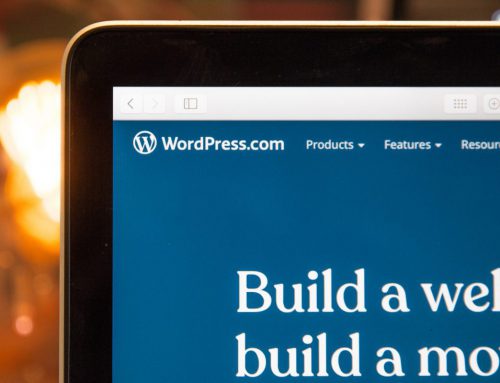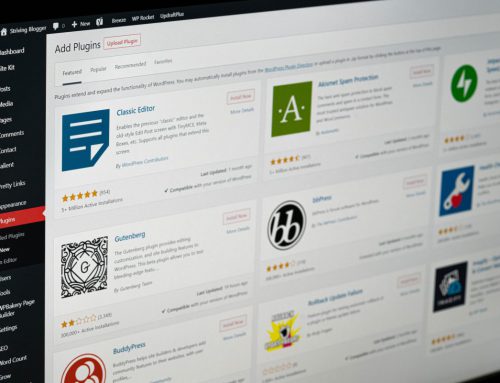Is WordPress theme development easy? No. Can it be easier? Yes. Developers created WordPress theme development frameworks for this reason. Great experts might not necessarily need them, but they can be very beneficial to many people. We will explain what is a WordPress framework and its advantages and disadvantages.
So, what is a WordPress framework?
There are many ways you could answer this question. After all, there are many frameworks for different needs. WordPress Framework is a set of standards, a good codebase, a set of tools, a software environment. They can include many elements such as compilers, code libraries, support programs, toolsets, etc. It can be a starter theme, forked into other themes.
It can also be a parent theme, from which developers then create child themes. Usually, a child theme is added on top of the framework. Then developers continue to customize it. The framework is the parent theme. It is possible to customize child themes without parent themes, but frameworks make it so much easier. In framework or the parent theme, you deal with functionality, and in child themes, with design. Just remember that all frameworks are parent themes, but not all parent themes are frameworks.
WordPress frameworks were created for convenience by skilled developers. The code is great and usually peer-reviewed. You cannot change the framework itself: only its developers can do that. But frameworks allow you to change a lot of things in your themes. Before, people mostly used frameworks for creating interfaces. Now, frameworks have developed a great deal: developers also use them to create sites and applications.
Frameworks, used as parent themes, are especially convenient because you can update functionality in all the child themes. It means that you can upgrade themes and do not compromise any of the custom styling you did. If there is a problem, such as a possible security exploit, you can easily update all the themes within the same framework.
Advantages of theme development frameworks
The very purpose of frameworks is to make theme development easier. Developers get a good code base and then can easily style and add new features with child themes. It makes development more rapid. After all, ease and speed are very much related. WordPress frameworks give developers tools to work faster and better.
Another advantage is abstraction. When you use frameworks, repetitive code is tucked away: you don’t have to write it. For example, you can generate options in Settings API with a much cleaner code than without a framework. Also, since the code is shorter, the pages load quicker. And people appreciate not waiting.
Also, WordPress frameworks can provide a better visual representation, especially drag and drop frameworks. Within such frameworks, you have a predefined set of regions to work with, like headers, footers, sidebars. These regions look exactly the same on the front-end and the back-end.
Finally, you can get support easily. Frameworks are developed by many people. Many people use them. Because of this, it is easy to get help on any question. Just ask in a forum.
Disadvantages of frameworks
However, frameworks also have some disadvantages, like everything. Generally, they are very useful, but dependency and updates can be a bit of a problem. What does dependency mean? It means that your code becomes dependent on the framework when you use it. And the framework is dependent on WordPress and the latest version the framework supports. If the framework does not support newer WordPress versions, you cannot benefit from WordPress updates. So it’s best to choose a framework that is often updated.
Also, if there are deprecated function calls, it is possible that WordPress will remove the functionality one day. In that case, your code will be incompatible with the latest version. Finally, remember you have to update both the child theme and the parent theme. And sometimes, the developers of a framework do a core update: this core update can affect a lot of things on the site. They might also be quite costly for the clients.
Finally, frameworks can cost quite a bit. Usually, you either get a lifetime license or pay an annual fee. But there are also free frameworks, like Unyson. Also, the learning curve can sometimes be steep. You will have to take some time to learn. But once you learn, you will be able to code with ease.
Perhaps you are also interested in the MVC pattern? Learn about its advantages here!








Leave A Comment